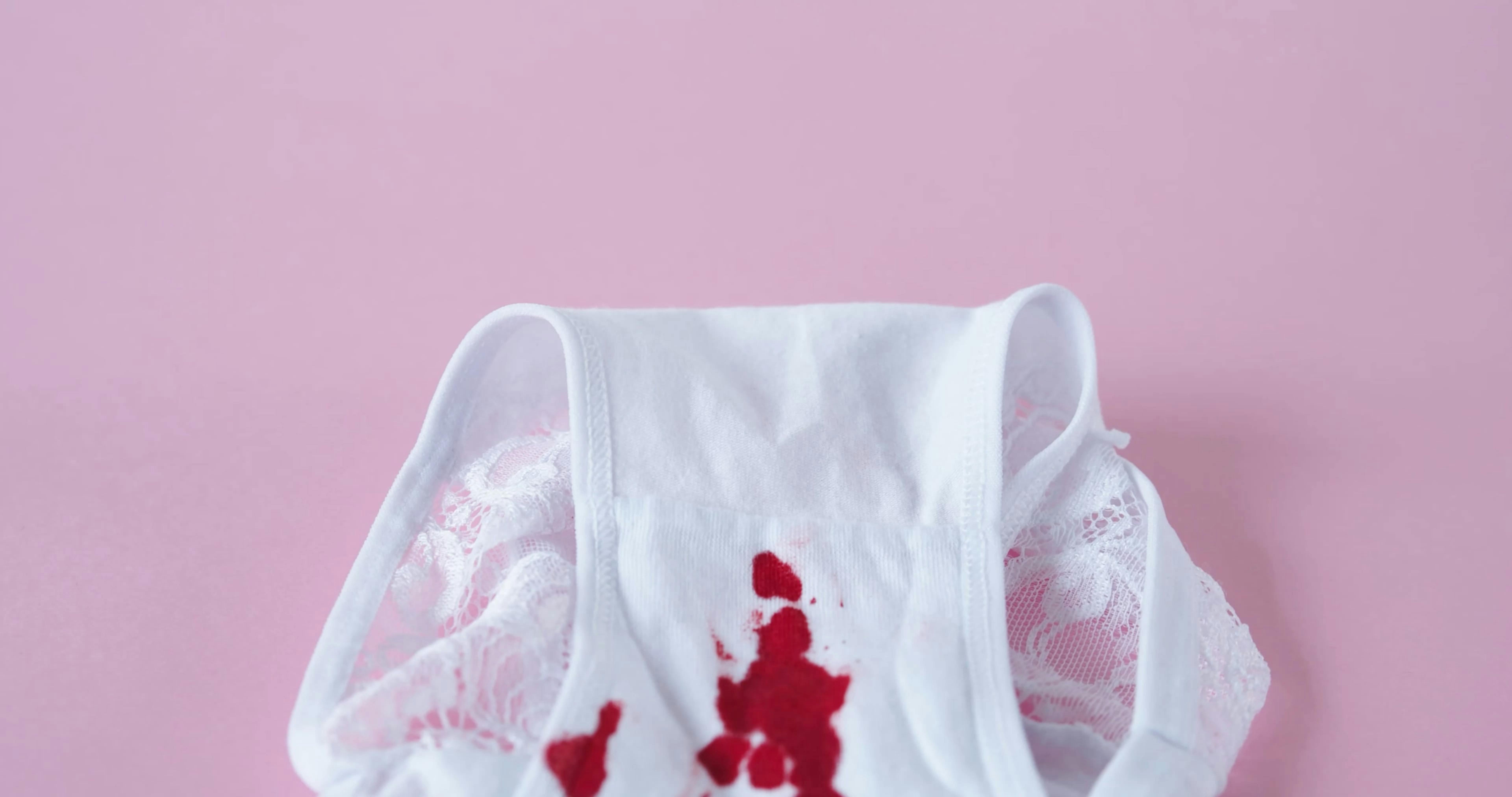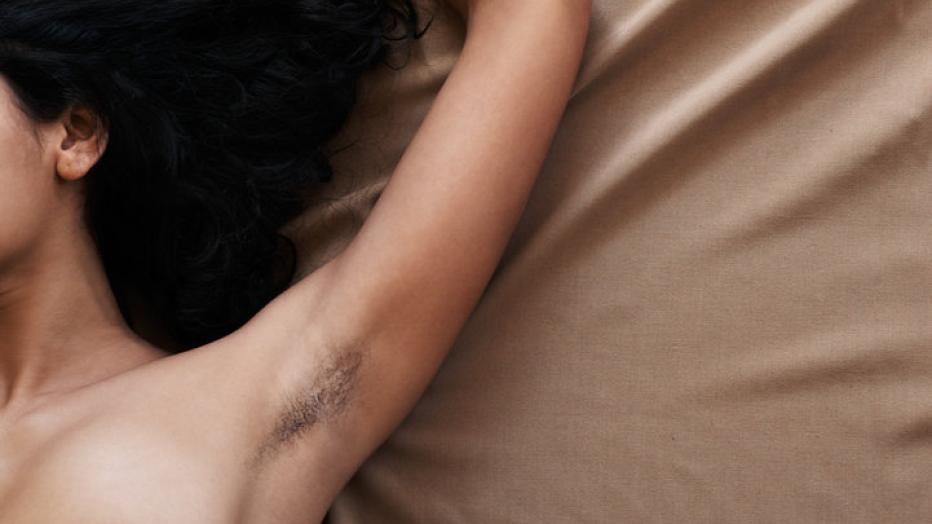Even though much progress has been made in the area of gender equality since the suffragettes fought for the right to vote just over a century ago, half of the world's population still needs to deal with old taboos on a daily basis.
Periods, body hair, and pay inequalities are just a few examples of the truths that Canadian Women still have to skirt around. Canadian Women are already at a disadvantage simply by being alive. Gender reveal parties and sex-selective abortions are two stark instances of how oppression of women frequently begins before they are even born. This is why we still need to work so hard for equality.
The list of stigmas that women encounter on a daily basis is unfortunately too long to enumerate here, but we've selected 10 stigmas that persist and really shouldn't.
Period-related Stigma
Watching a tampon commercial is all it takes to realize how uneasy society feels about menstrual blood. Although I have never encountered a woman who bleeds clear blue, young girls are being told that the only way to deal with the reality of monthly red blood loss is to pretend it doesn't happen. (Thankfully, some advertisements are beginning to show red liquid on advertising media.)
Millions of goals and aspirations are thwarted because young girls without access to pads frequently skip school while having their periods. Vanessa Matsui, an actor-writer, outspoken feminist, and the creator of the award-winning web series Ghost BFF, started Crankyfest, an online film festival for girls and women, in an effort to normalize periods and reduce the stigma associated with them.
Matsui thinks that since periods are completely normal, we should talk about them openly. I truly feel like we can get past periods being normalized and instead make them something to be embraced, or at the very least appreciated, she adds. Dammit, treat periods with some respect! The inference is that being a woman is still not accepted as the norm or the standard.
Employment Stigma
Gender bias contributes to unfair wage disparities in Canada's workforce and other developed countries around the world.
Women still earn less than men for the same jobs, and the incomes of blacks, indigenous peoples and people of color are even more severely affected.
According to statistics released by the Canadian Women's Foundation, a full-time Indigenous woman earns 35% less than a non-Indigenous man, and women (full-time and part-time) earn less than her $1. Earn only 89 cents for each earned.
Women are also more likely to be overlooked than men in important jobs, and one can speculate that they have succumbed to sexual bribery as they climb the corporate ladder in the proverbial. In addition, women face the possibility that having children will negatively impact their careers. Gender bias in the workplace reduces women's self-confidence and makes real advancement difficult. It could explain why only 7.4% of her Fortune 500 companies are headed by women and only 3 of her are black.
The Stigma of Childless Women
Although fewer and fewer women are fertile today, the social pressure for women to become mothers is still very strong.
People can quickly determine why a woman was unable to have children:
Is she barren? Is she a workaholic? Is she too selfish? is there something wrong with her? But how often are men asked why they don't have children? After analyzing her 40-year data from ages 50 to 70, researcher Nicholas H. Wolfinger found that a woman with two children was 4 percent more likely to be happy than a woman without children. and found that women who had one child with her were even less happy. We must recognize that women can be fulfilled and happy without having children. This fact should be supported and accepted.
Body Hair Stigma
How many hair removal commercials have you seen showing actual female body hair? (Yes, it was a rhetorical question!)
Female Orgasm Stigma
The gender orgasm gap is another major gender inequality that has programmed people to prioritize male orgasms. In heterosexual intimate relationships, women have far fewer orgasms than men. Women in homosexual relationships, on the other hand, experience more orgasms than their heterosexual sisters, compared to men who reported an orgasm rate of 91% during partner sex. Controlling your sexual pleasure is a much more complicated process than just doing it. Especially when there is so little emphasis on how healthy and normal female pleasures are.
The Stigma of the Angry Woman
The need for women everywhere, especially those in her BIPOC, to censor their anger and anger is a startling reality and really needs to change. Fortunately, women like Michelle Obama are breaking stereotypes. So strong, passionate and powerful her BIPOC women who come after her need not have trouble listening and understanding.
The Stigma of Breastfeeding
Women who breastfeed in public places without fortifications are still met with embarrassed and offensive looks, and even insulting comments from passers-by. Women who don't breastfeed at all, or who breastfeed for less than the recommended number of years, have been criticized as being selfish or child-robbing.
Luckily, there are pioneers in breast support and normalization, like London-based independent organization Mother. We've teamed up with creator Elvie the world’s first silent wearable breast pump for Mother’s Day, and erected five massive inflatable breasts in a variety of sizes and skin tones in busy parts of London to help empower women to breastfeed.
General Gender Stigma
BIPOC girls are often victims of institutional racism, are more likely to be unfairly punished and fall prey to harmful stereotypes.
While the tide is turning, girls everywhere still face discrimination. Because they are made to feel that their only virtue is their appearance, and that subjects such as science, mathematics, and physical education are for boys.
Challenge gender stereotypes by speaking up and calling out educators who are pressuring children to conform to archaic ideas about what makes a girl a girl and a boy a boy. It's important to keep going. That way, the girls can grow up to be the women they really want to be, rather than what society thinks is right.
Age Stigma
As women pass a certain age, typically towards the end of their childbearing years or later, they are more likely to suffer from invisible woman syndrome. This syndrome is a social phenomenon in which women feel left behind, neglected, and disengaged from society. Having spent her teenage years giving birth and raising children, her work as a woman is considered over and no longer necessary.
It can be a socially marginalized and depressing experience for an older woman who is just beginning to live her best life but feels unworthy. With age comes experience, wisdom, success and achievement. When a woman comes to power, she has to go to great lengths to prove herself and is often faced with a disproportionate amount of physical scrutiny.
In the case of Hillary Clinton, her Ivy League training, ambition and successful career were still not enough for the sexist media, who criticized her for not fitting into the traditional wife and mother mold. At the time, Clinton was repeatedly criticized for her choice of clothing and hairstyle. Not only does she notice older women, but by praising them, acknowledging their wisdom, and looking forward to learning from them, she can break the cycle of invisibility.
Feminist Stigma
Feminists. Words alone make people writhe. Standing up for social, economic and political gender equality can be perceived as radicals who denounce women, get angry, shake fists, grow arm hair and hate men.
At the core of feminism is gender equality. Intersection feminism draws attention to how people's social identities intersect and can lead to even more discrimination (white cis women have as many opportunities as white cis men). You may not have it, but systemic racism and homophobia amplify the experience of being a black lesbian with discrimination).
Due to the negative connotations of the word feminist, many women are uncomfortable identifying themselves as feminists unless they are in the company of other feminists. This disturbing fact continues to oppress women and slows the progress of women's rights and women's rights minorities. So we don't just need feminism, we need cross-cutting feminism.










